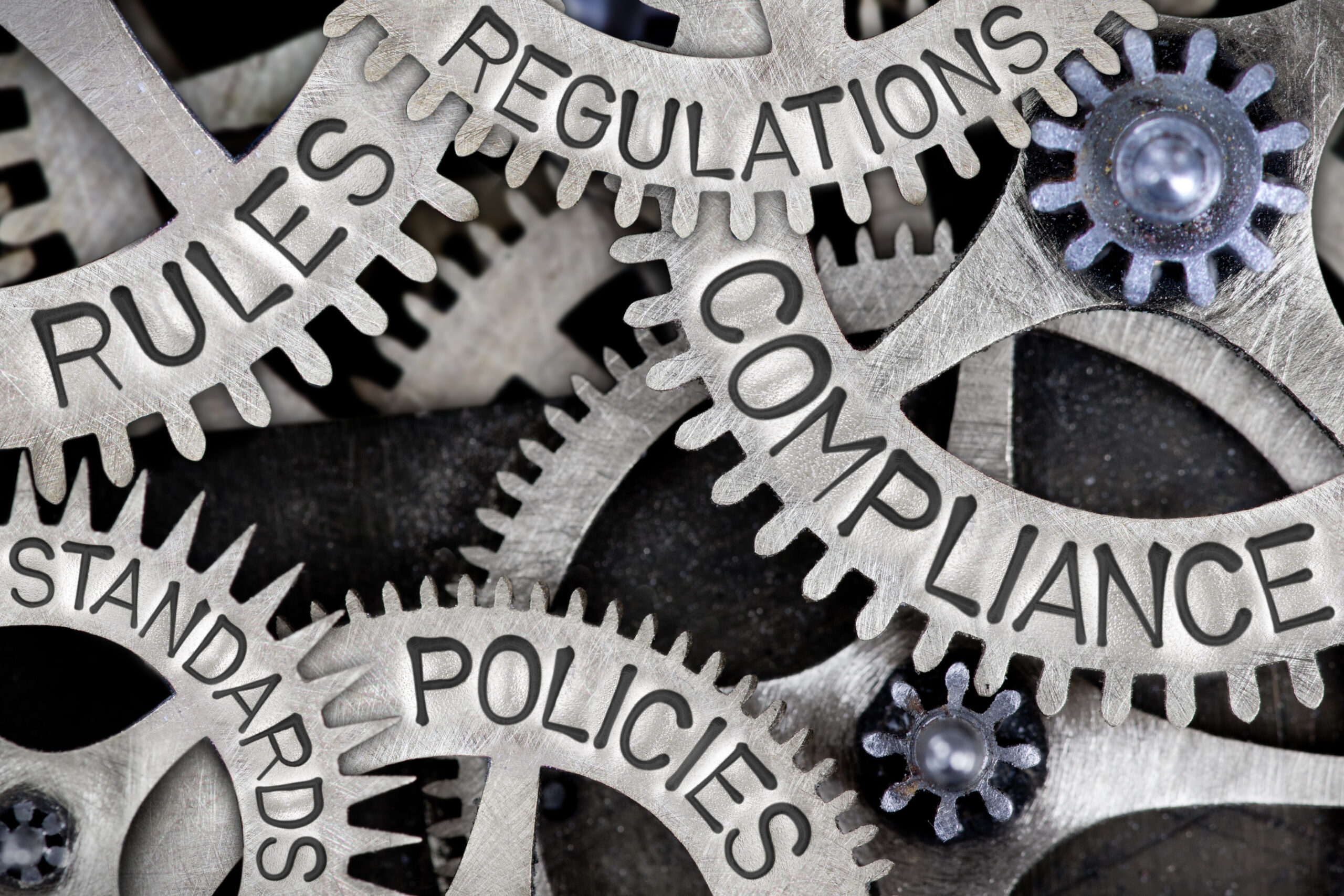Article originally published at MortgageOrb
Equity Valuation Partners (EVP), a provider of home value services, valuation tools and property value data for the real estate industry, has launched WAIVIT, a one-stop platform that empowers lenders to generate their own compliant estimate of value for residential and commercial real estate (CRE) properties.
Because the demand for home valuations far exceeds the supply of appraisers, many lenders are experiencing delays in closing real estate transactions. Using the internal evaluation bank regulatory carveout, WAIVIT eliminates these obstacles by utilizing data and an appraisal platform to enable lenders to come up with their own estimates of value in a controlled environment.
“When appraisal management companies first emerged after the financial crisis, I saw an opportunity to transform appraisals for appraisers, banks, credit unions and portfolio lenders with a product that did not require an appraiser’s inspection,” says Drew Watson, executive vice president, founder, CEO and principal of Inhabet, in a release. “Today, with the unveiling of the Inhabet platform, we have made it possible for a lender’s trained staff to complete an estimate of value themselves.”
The WAIVIT platform is self-contained and includes the comparable sale data, app-based inspection platform and valuation platform. No third-party login is required for Inhabet, and there is no software to install. Instead, users with basic knowledge of real estate transactions are guided through a multi-step process that leverages big data to simulate the appraisal process.
After gathering data about the property, such as its age, square footage, interior condition and surrounding neighborhood characteristics, Inhabet helps lenders select and assess comparable properties.
Following refinements to comparable adjustments, WAIVIT‘s reconciliation process completes the compliant value estimate. If a lender feels they are unable to complete a valuation themselves, they can pass the valuation on to EVP to complete with the click of a button.
While much of EVP’s business is for residential valuations including automated valuation models (AVM) and hybrid models, WAIVIT also empowers CRE valuations, enabling banks to standardize data so it can be more easily analyzed. Given the high cost of CRE appraisals, CRE investors stand to benefit greatly from the platform, particularly since commercial real estate industry previously had no standardized data.
Watson noted that while there are other real estate valuation data providers, WAIVIT is the unique in that it is a valuation system with multiple data sources and the only platform that enables a lender’s staff to prepare valuation reports on their own, using a process and a set of standards that is consistent across their entire product line.

